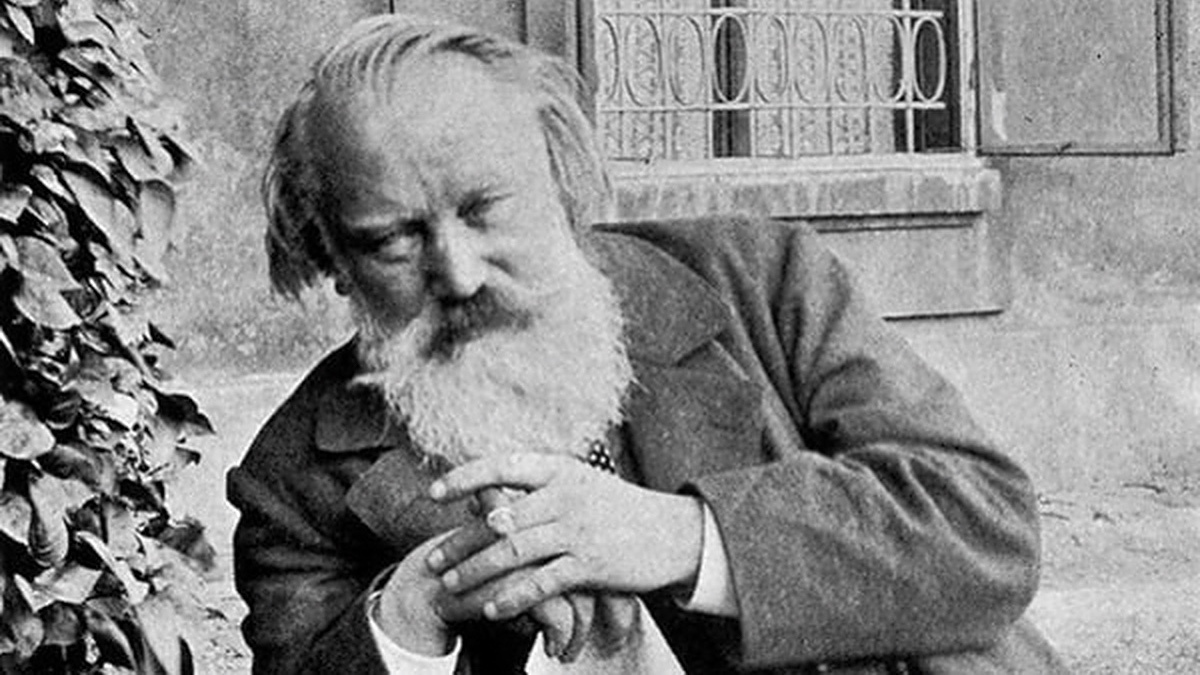Borodin’s “Polovtsian Dances” from “Prince Igor”: A Spirited Performance by Russian Youth
Alexander Borodin’s four-act opera, Prince Igor, is based on the medieval Russian nationalistic epic, The Tale of Igor’s Campaign. It tells the story of a 12th century military campaign, launched by the Prince of Novgorod-Seversk against the Polovtsians, an invading nomadic Tartar tribe. Quickly, the campaign takes a disastrous turn, and Igor and his son, Vladimir, are taken prisoner. In the opera’s second act, the Polovtsian leader, Khan Konchak, entertains his captives …







